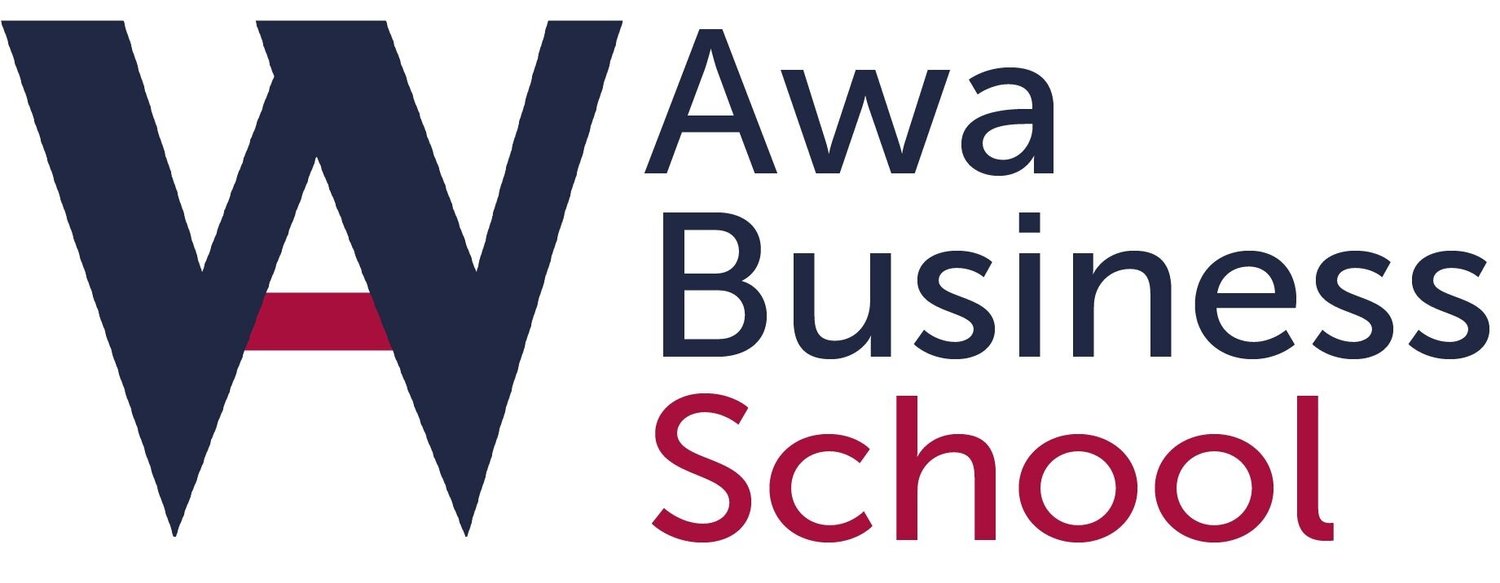Countries Need Coherent Action Plans to Drive Competitive Educational Systems - Dayo Abinusawa
Nigeria needs a coherent action plan to drive a globally competitive educational system that develops the skills and capabilities of the youth. Dr. Dayo Abinusawa the Founder, Awa Business School said this in a recent discussion on socio-economic developments in Nigeria as it concerns "Human Capital Development".
He was of the view that Nigeria as a country would have to be clear on what its key challenges are in the educational sector, and the opportunities based on the human capital it has.
The scholar noted that for Nigeria to reposition its tertiary education, it must have a plan that determines the direction in which it would like to go in the area of skills development and capabilities.
He stressed that if Nigeria is to achieve global competitiveness as a nation, it must align its tertiary education curriculum with its national development goals and strategy.
Speaking on the key nexus between investment in human capital and national competitiveness and development for nations like Nigeria, he emphasized the fact that countries that have been able to succeed and continue to thrive have invested significantly in developing the skills of their people so that they can be creative and innovative to develop the right products and services that have a positive impact on the economy.
Some of the Countries according to him include; the United Kingdom, the United States, and China, which have leveraged education to support industrialization through skills development, research, and innovation.
Giving an example of his experience as a Deputy Director Centre for Innovation Management, London, he mentioned that one of the interesting things he observed was how initiatives that helped to translate research outputs into products and services were eventually embarked upon.
He advocated for a clear link between research conducted in universities and the value addition it can provide to businesses and the government.
According to him "The nexus between the knowledge created and the application of knowledge is very critical for education and economic development".
On the Triple Helix adopted by Nigeria which is designed to bring synergy between University, Industry, and Government, Dr. Abinusawa noted that as a community it was important to have a clear vision, on the direction of the country in terms of skills development.
"Initiatives that would help to ensure that the government achieves its aims and objectives should be set up and formulated, also such initiatives should be refined as things progress to ensure corrective actions are implemented", Abinusawa said.
Speaking further, he said the focus of Awa Business School was to make education accessible removing the impediments of finance through competitive prices
Reflecting on the COVID-19 pandemic, Abinusawa highlighted the fact that when most countries went into lockdown; Awa Business School was at the forefront of moving to online degree programmes with systems in place which only had to be refined with existing technologies to facilitate the process.
However, he noted that technology can serve as an impediment to education delivery as the absence of high-quality internet can be challenging, but he mentioned that sessions from Awa Business School could be accessed offline with curated physical material.
He added, "The program at Awa Business school creates a significant opportunity for individuals who are willing to save money and aspire to build a career in the UK within a short time".
From a historical perspective, Abinusawa said the UK has maintained its fundamental guiding principles of tertiary education which is to serve the public interest.
Providing insight into the policy approach, he said the UK government plays a key role in regulating higher education institutions, setting a threshold requirement that the institution must meet.
He mentioned that the UK government is proactive when it comes to supporting, encouraging, and facilitating institutions that could add value to the economy.
He mentioned two things that drive program delivery in Awa Business School as;
Quality in terms of academic standards and
Practicality in terms of knowledge that is being shared within the classroom.
Culled from the December 2020 Edition of the Proshare WebTV
